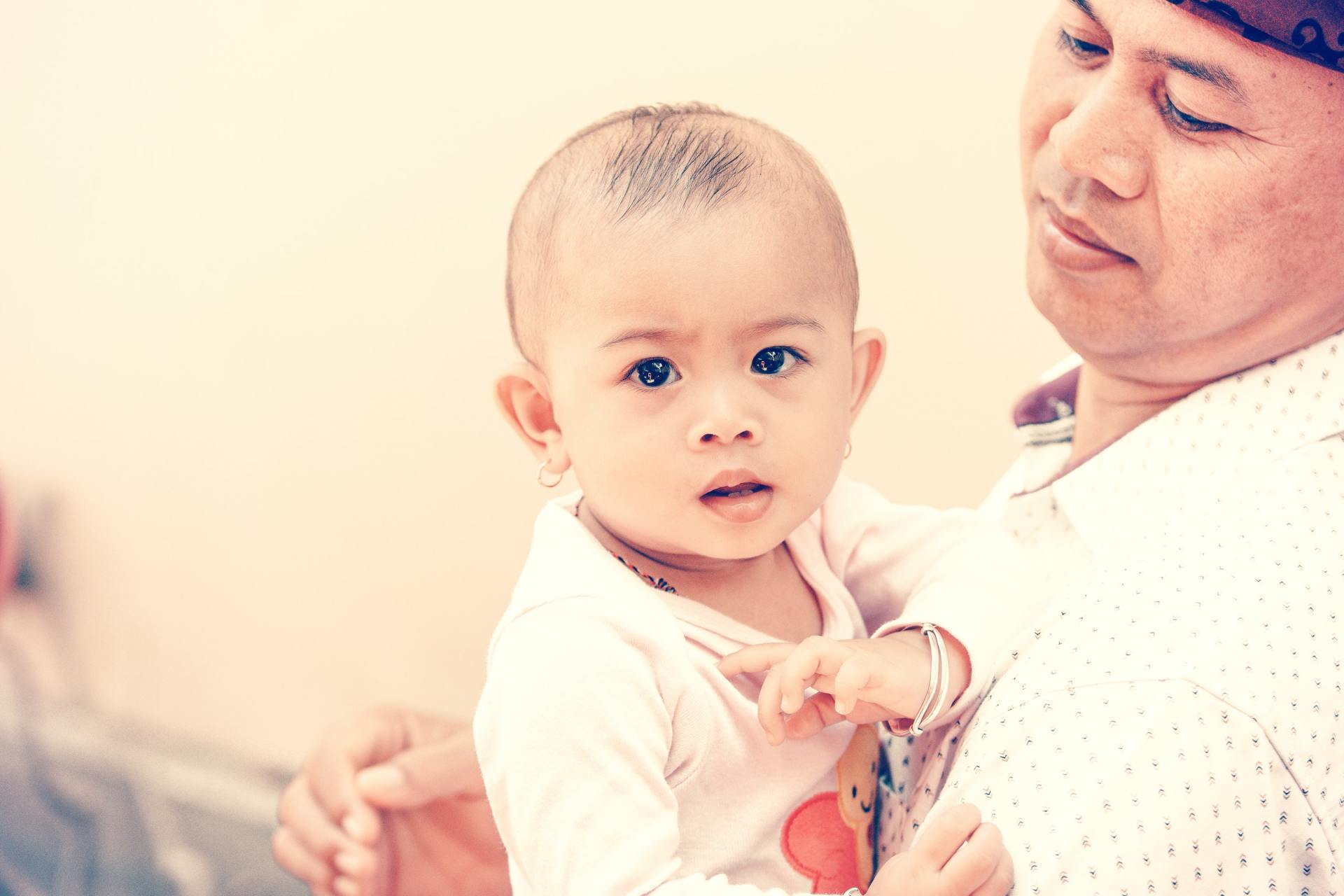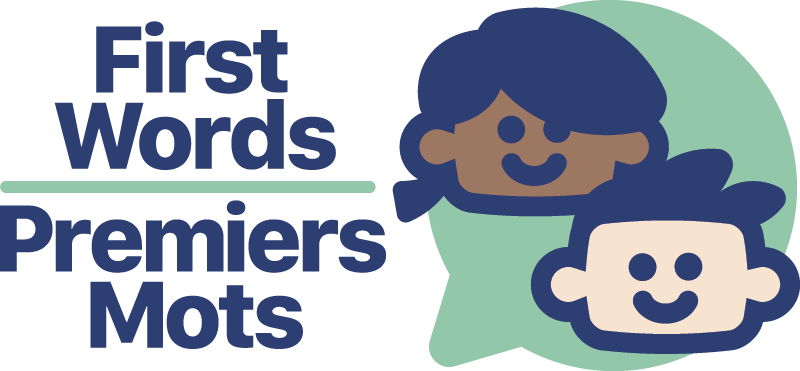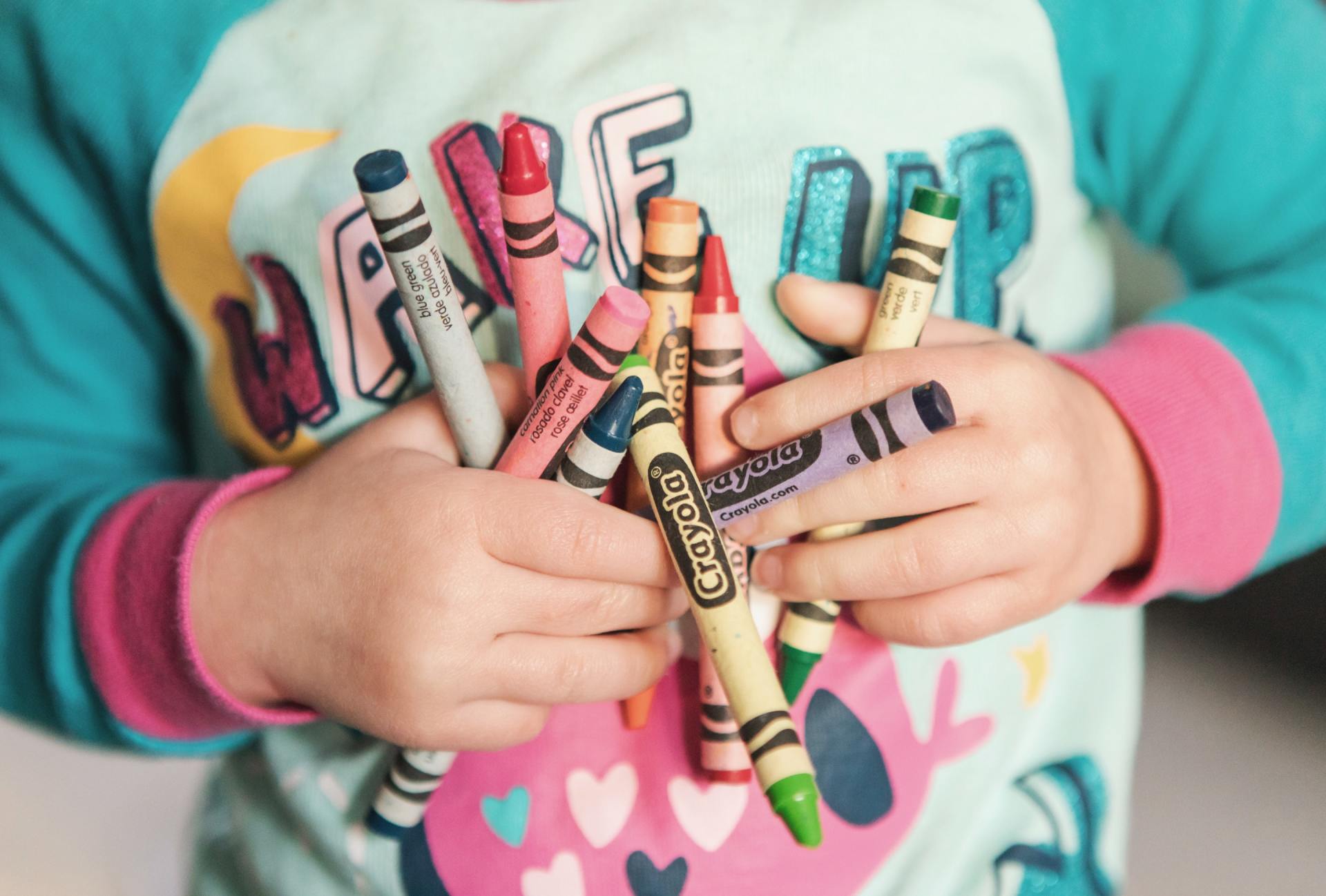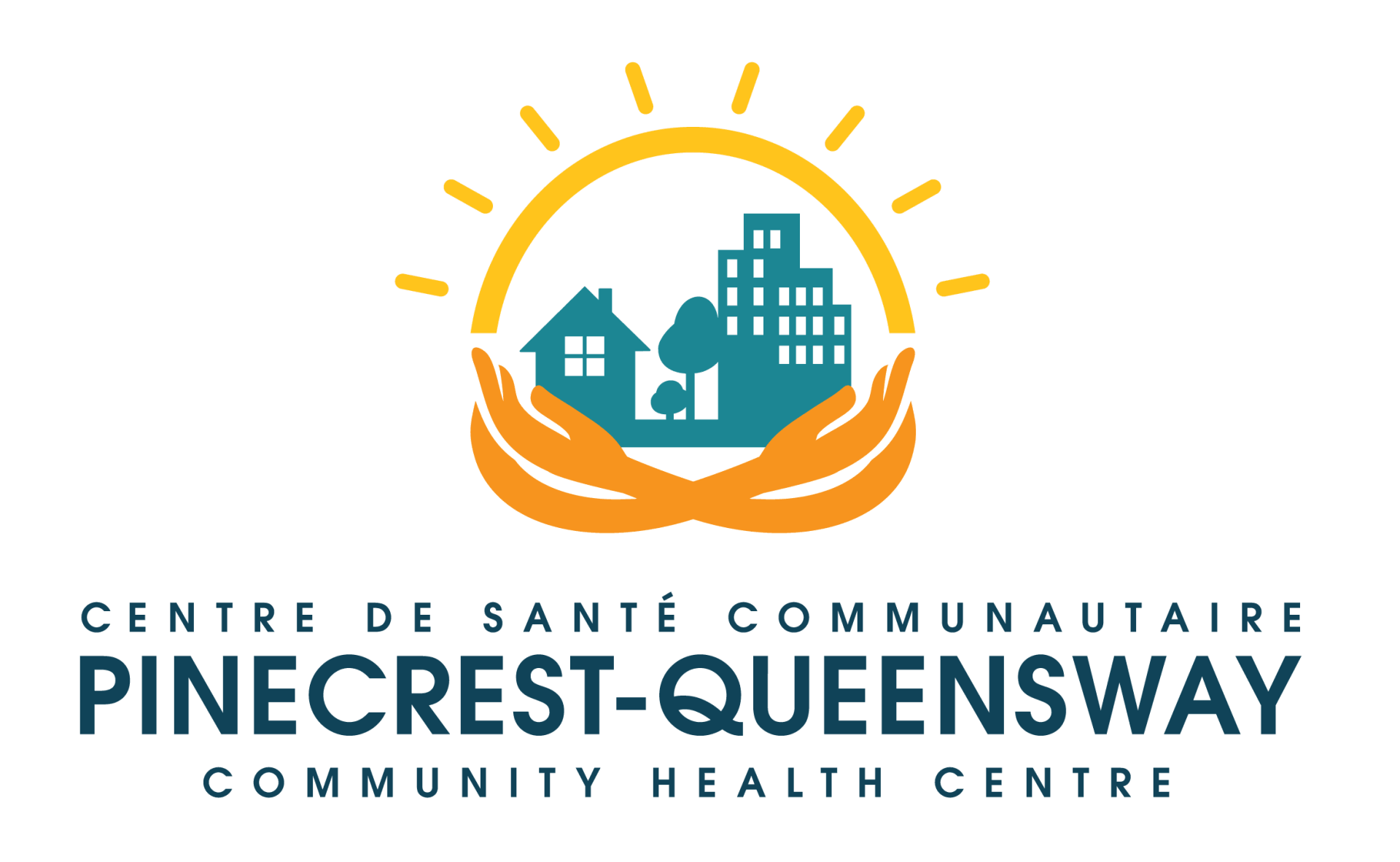Prevention, early identification and intervention of speech and language problems.
Developing Language Through Reading and Storytelling
Speech-Language Pathologists : Sharon Fotheringham, Patricia Marek-Thornton, Brenda Oleszko • May 06, 2020
Talk With Your Child In Your First Language - A Primary Language Literacy Project
Reading is one of the best activities that you can do with children of any age. Reading books and talking about them helps children develop language skills.
Talk about books in your FIRST language so that your children develop strong language skills.
Children who are good readers do better in school.
Reading helps children learn how to:
- listen well
- understand the meaning of new words ask and answer questions
- solve problems
- use their imagination.
You can help children do well in school by reading to them from an early age. Children are NEVER too young or too old to be read to.
For children under 18 months:
- Choose books made of plastic, cloth or hard paper.
- Very young children like to touch books and put them in their mouth.
For children from 18 months to 3 years:
- Choose books with simple pictures of objects and actions that they can name.
For children between 3 and 4 years:
- Choose stories where they can guess the ending or make up something new.
For children 5 years and older:
- Choose books with longer stories. As they begin to read, children also like books with simple words.
You can help children enjoy learning from books.
- Name the objects, people and actions in the pictures.
- Clearly repeat important words.
- Use new words and ideas to talk about the pictures.
- Sometimes, wait and let your child finish the word or sentence.
- Make reading fun by changing your voice for different parts of the story.
- Sometimes make up your own stories together.
- Encourage children to tell a story from a book or from their imagination.
- Telling stories without books can be fun!
- Try reading words on signs, magazines, advertisements or cereal boxes.
- Don’t force children to choose story time instead of TV or play. Have a time for all activities.
- Be sure you and your children are comfortable when reading together.
- Find a quiet convenient time to read every day.
Remember to use talk about books in your FIRST language so that your
children develop strong language skills.
Other topics in this series include:
© 2024
All Rights Reserved | First Words Ottawa & Renfrew County, a program of PQCHC

By First Words Ottawa & Renfrew County
•
12 May, 2020
Although young babies don’t understand the meaning of your words, they understand a lot by the way that you touch and hold them. They also learn from the expression on your face, the tone of your voice and the gestures that you make. Remember it is by talking to them that they learn words. Surround your baby with words when you feed, diaper and play with them.

First Words Preschool Speech and Language
Program of Ottawa and Renfrew County
1365 Richmond Road, 2nd Floor
Ottawa, ON. K2B 6R7
613-688-3979
Is your child meeting their milestones?
Sign up for an email reminder to
complete the Communication Checkup
at your child's next milestone.
© 2024
All Rights Reserved | Privacy Policy




